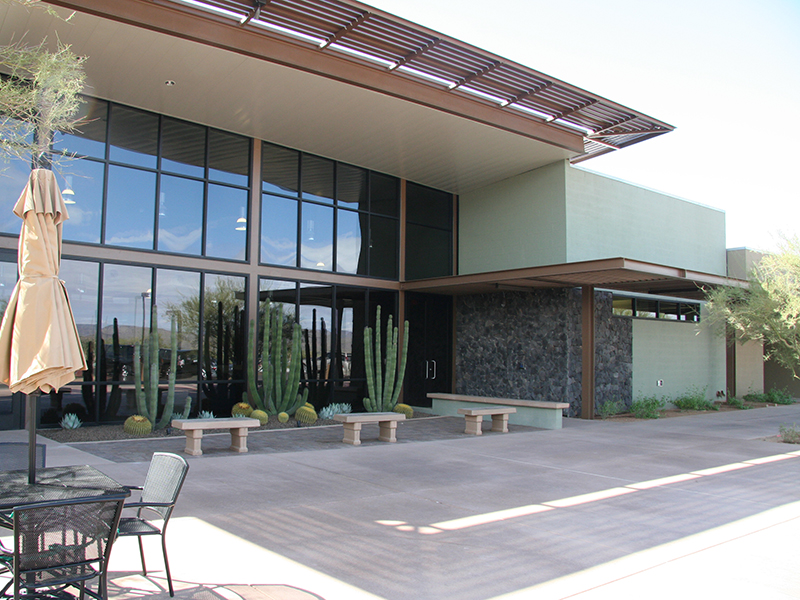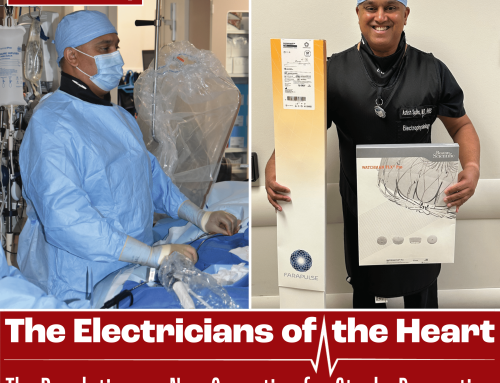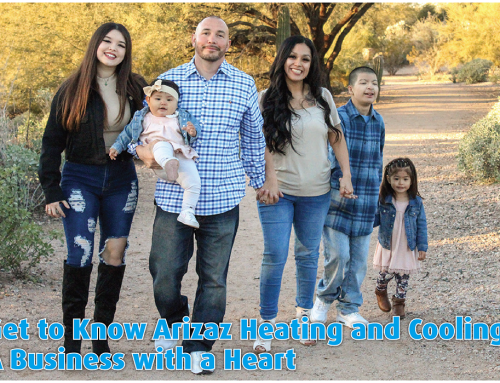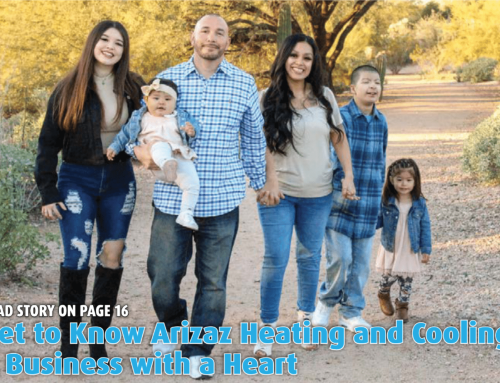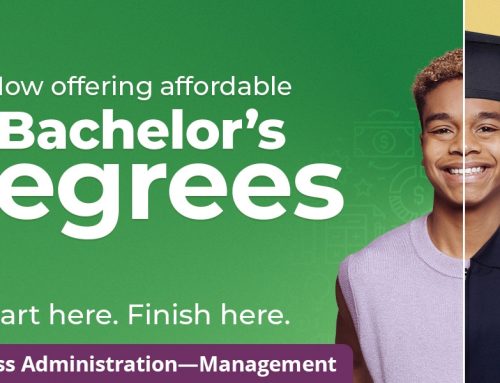Connecting the Local Community Through Arts, Entertainment and More
By Molly Cerreta Smith
The Foothills Community Foundation, located at 34250 North 60th Street in North Scottsdale, serves as the non-profit 501c3 umbrella for a handful of separate organizations they work with and help develop as independent community programs.
“We are simply the guiding force,” says Jennifer Rosvall, Executive Director of the Foothills Community Foundation. “They all operate independently.”
“They” refers to…
Kachina’s Place, a horse therapy program for at-risk kids and adults which uses rescued and trained horses to form partnerships between humans and horses to generate healing and growth for those with physical, cognitive and emotional limitations.
The Desert Awareness Committee, which serves as a community resource that advocates for the Sonoran Desert and educates residents and visitors to help them understand the importance of conserving and preserving this diverse desert along with its plants, animals, water and wildlife.
Desert Foothills Theater, which invites theatre participation from all community members from six to 106 in various capacities including on-stage performers, backstage hands, classes, volunteers, camps and more.
Partners in Education, a committee of supporters including local residents, parents, retired educators and business community members that advocate for students to ensure they have access to education enrichment programs as well as support innovations in teaching and learning within the Desert Foothills community.
The Holland Community Center, a 100 percent privately funded community center focusing on lifelong learning that serves the surrounding communities and offers classes and activities to the public.
The Holland Center is part of the Black Mountain Campus, a partnership among the Foothills Community Foundation, the Desert Foothills YMCA and the branch campus of Paradise Valley Community College, which is celebrating its 10th anniversary this October with an event on Saturday, October 12. From 11:00 a.m. to 2:00 p.m., the public can enjoy onsite food trucks, carnivals, entertainment and more.
“We’re really focused on rejuvenating the community center and helping people use it as a hub for the entire community,” says Rosvall. “This year is the rebirth of the center. We are gung-ho on bringing it back to life and we hope that people come out and experience all the amazing activities and events that are available and see what a gorgeous, yet underused, facility it is.” The Center offers a plethora of activities and events that reach all age groups from children to seniors.
With a focus on “adventures in lifelong learning,” the Center offers an array of art classes; lecture series to keep residents engaged, learning and thinking; afterschool programs with the Paradise Valley School District; theater classes; children’s photography classes and more. Bingo is offered on Thursday afternoons, but Rosvall insists it is beyond the typical bingo hall experience.
“The idea is to be multi-generation so we can truly appeal to and service the entire community,” says Rosvall. “We still want to meet the needs of our seniors, but we also want to attract the new generation of residents with events like Ted talks, happy hours, rotating exhibits at the art gallery, artist receptions, a LEGO engineering program and more.”
Other beyond-the-basics classes the Center offers include Batik on Paper, learning about the technique of hand-dyeing by using applied wax and the tools and basics of this ancient art — but with a modern twist; Metal Embossing featuring Sugar Skulls, where participants use simple hand tools and metal to learn the basics of Repudajo, the art of metal embossing, and emboss their own Day of the Dead Sugar Skulls; Mass Historia: The History Your Teacher Didn’t Tell You, a series of lectures covering areas of history that are inaccurate; All Hypnosis is Self-Hypnosis, a course that gives students the tools to improve areas of their own life through hypnosis — the oldest form of healing, and many more.
The theater has always served as a catalyst to draw the younger families, and an effective way to draw the families to the center. But Rosvall adds, “We found we wanted to do more for the kids and our efforts have been very well-received. This is a very comfortable, supportive place for families to get involved in the community.”
Last year, the combined organizations served 50,000 community members and the Foundation provides the guidance and support to develop and grow each program. The Desert Awareness Committee, which hosts events such as desert awareness hikes, promotes awareness and conservations of the desert ecology. Each year, the Desert Reach program engages more than 800 students through hands-on workshops in schools, and tours of the Desert Awareness Park in Cave Creek.
The Partners in Education program works to enhance the lives of children and their families by making needs-based grants through Education and Community Services to local schools in support of crucial enrichment programs such as before- and after-school activities and summer camp programs. This group also serves as the sponsor and facilitator of robotics competitions in surrounding high schools.
Always a popular program, the Desert Foothills Theater attracts more than 10,000 attendees each year, employs more than 90 artists and technicians and educates more than 300 children and adults in all areas of theater. Performances put on by Desert Foothills Theater includes local actors ages eight to eighty. In addition to becoming exposed to the performing arts, students benefit from a wide range of classes, workshops and camps that help them build not only performance skills but also important social, leadership and development skills such as problem solving, team work, critical thinking and self-confidence.
Students can participate in the Kachina’s Place programs based on their needs and abilities. This special program offers therapeutic riding with lessons that provide physical, psychological, educational and social benefits via the skills of horsemanship. It also incorporates the groundwork of caring for horses, which teaches responsibility and helps participants develop positive relationships. Carriage driving is also offered, giving participants an alternative way to experience interacting with and controlling a horse. This is ideal for those that may be unable to ride a horse for various reasons, but it still offers the engagement of teamwork and building communication skills as the driver works in tandem with the horse to steer the carriage and control speed. Benefits of the Kachina Place programs include balance, posture, muscle tone, coordination, fine and gross motor skill development, self-esteem and self-control, independence, concentration, perseverance, respect and more.
With so many programs under one umbrella, The Foothills Community Foundation depends on, and is grateful for, the generous assistance and countless volunteer hours that community members donate. This support allows the Foundation to grow its outreach and its quality of programming as well as lay the groundwork for revenue generation to sustain member organizations. While sponsoring these independent organizations that each feature a wide spectrum of activities, educational opportunities, performances, classes and more, the Foundation intends to grow and evolve to continue to offer life-long learning experiences for all ages in the areas of art, entertainment, environmental conservation and specialized education. With a beautiful facility and loads of class offerings, there is no reason not to check out the Foothills Community Foundation and make a connection through community. For more, visit www.azfcf.org.

